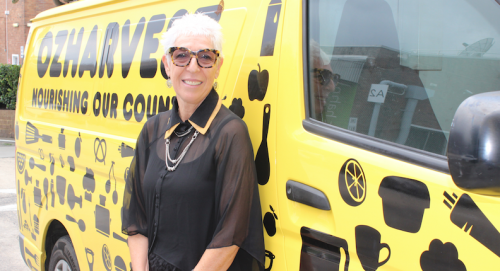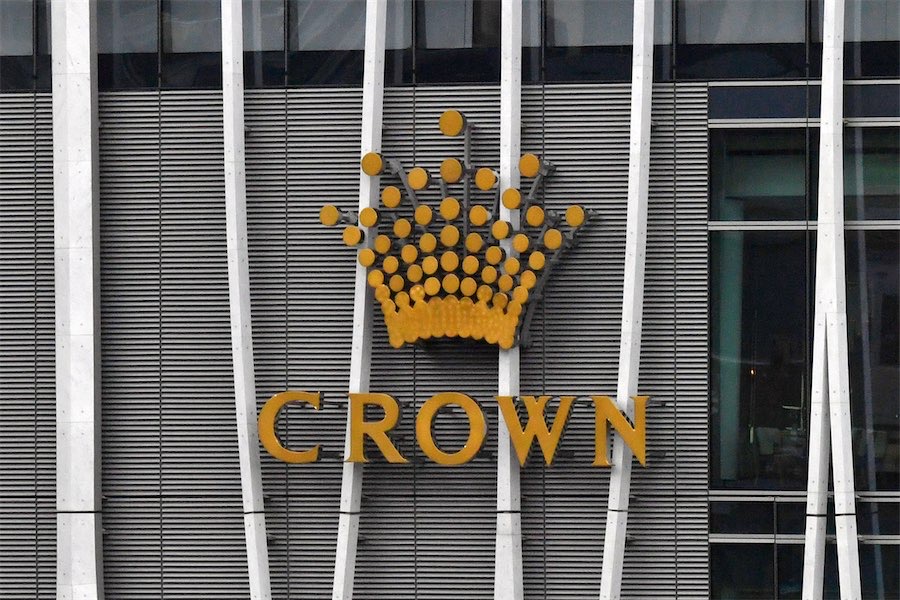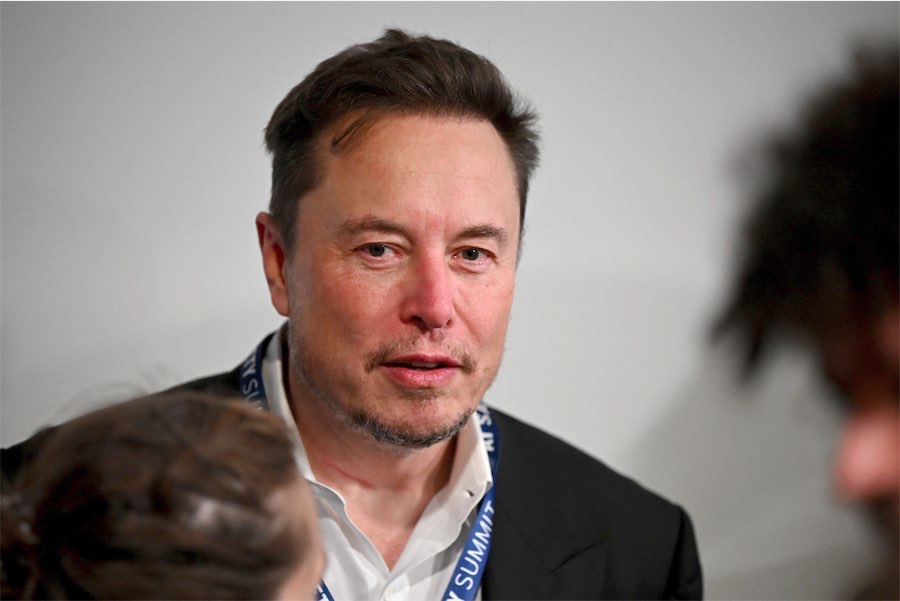
Leading Australian leading food rescue organisation OzHarvest will team with the UN Environment Programme and the UN’s Food Agriculture Organisation to launch the campaign, which culminates in the national Think.Eat.Save event across seven Australian cities on Monday, July 27.
The launch will be supported by Environment Minister Greg Hunt; Shadow Environment, Climate Change and Water Minister Mark Butler; Deputy Greens Leader Senator Larissa Waters; UNIC director Christopher Woodthorpe and OzHarvest CEO and founder Ronni Kahn.
OzHarvest’s Ronni Kahn is calling on the nation’s leaders to set a target to reduce food waste by 50 per cent by 2025 following the example set by EU nations such as France, Germany, the Netherlands and Austria. Food waste is currently costing Australians up to $10 billion each year.
Local food facts from Ozharvest
- Australians throw out $8-10 billion of food every year. As a nation we waste four million tonnes per annum of food which ends up in landfill.
- Australians throw out one out of every five shopping bags, which equates to every Australian household throwing out $1036 worth of groceries each year.
- Australia produces enough food to feed approx. 60 million people, yet two million people still rely on food relief every year.
- Food relief agencies are not able to meet demand. Nearly 90% of agencies reported not having enough food to meet total demand. 6 in 10 agencies require at least 25% more food with almost 3 in 10 agencies requiring double the food.
Global food loss and waste facts
- Roughly one third of the food produced in the world for human consumption every year — approximately 1.3 billion tonnes — gets lost or wasted.
- Every year, consumers in rich countries waste almost as much food (222 million tonnes) as the entire net food production of sub-Saharan Africa (230 million tonnes).
- Food loss and waste also amount to a major squandering of resources, including water, land, energy, labour and capital and needlessly produce greenhouse gas emissions, contributing to global warming and climate change.
- While the planet is struggling to provide us with enough resources to sustain its seven billion people (growing to nine billion by 2050), FAO estimates that a third of global food production is either wasted or lost. Food waste is an enormous drain on natural resources and a contributor to negative environmental impacts.
- If food is wasted, it means that all the resources and inputs used in the production of all the food are also lost. For example, it takes about 1000 litres of water to produce 1 litre of milk and about 16,000 litres goes into a cow’s food to make a hamburger. The resulting greenhouse gas emissions from the cows themselves, and throughout the food supply chain, all end up in vain when we waste food.
Who can be trusted?
In a world of spin and confusion, there’s never been a more important time to support independent journalism in Canberra.
If you trust our work online and want to enforce the power of independent voices, I invite you to make a small contribution.
Every dollar of support is invested back into our journalism to help keep citynews.com.au strong and free.
Thank you,
Ian Meikle, editor




Leave a Reply